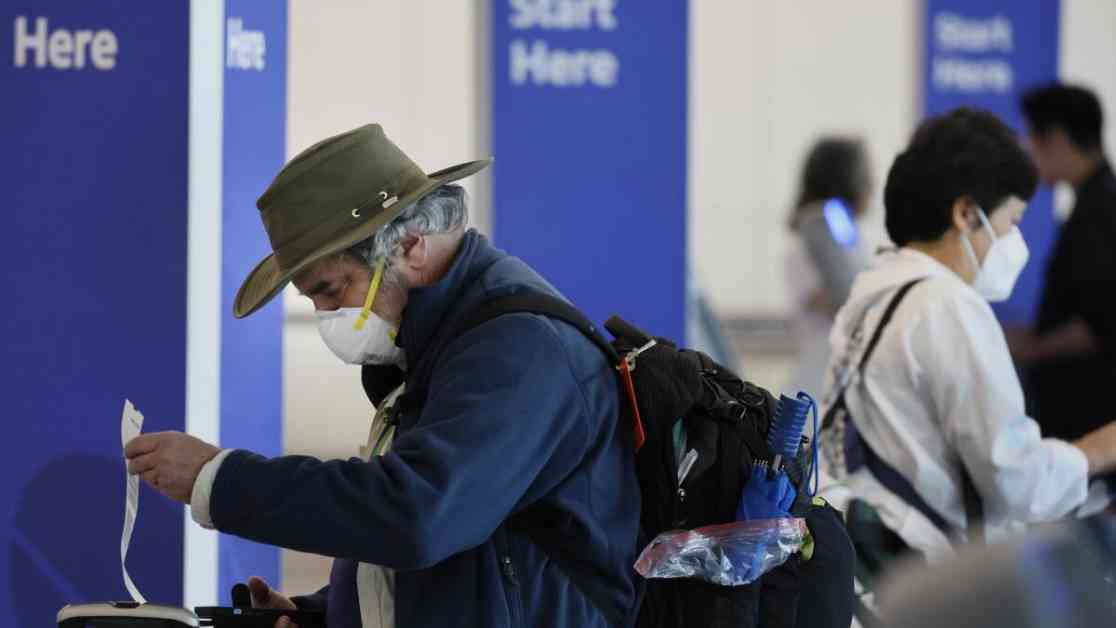How to Avoid Norovirus During the Holidays: Protecting Yourself and Others
As the winter season sets in, bringing along the usual cold and flu viruses, there is another highly contagious bug that Americans need to watch out for: norovirus. This stomach bug is making its presence known with a significant surge in cases, marking the largest December outbreak since at least 2012, according to the Centers for Disease Control (CDC).
The Alarming Surge in Norovirus Outbreaks
During the week of December 5th, state health departments across the country reported a staggering 91 separate norovirus outbreaks, a number that surpasses any weekly count since 2012. This concerning trend is raising red flags as we head into the peak months of January and February, historically known for more widespread outbreaks.
Experts warn that most norovirus cases are transmitted directly from person to person, often through common actions like sharing food or utensils. Places like restaurants, cruise ships, healthcare facilities, and schools are hotspots for transmission, making it crucial for individuals to practice good hygiene and sanitation measures.
Identifying Risk Factors and Prevention Strategies
Apart from person-to-person contact, norovirus can also be spread through contaminated food, water, and surfaces. Just last week, the U.S. Food and Drug Administration issued warnings about oysters from specific regions that may carry the virus, emphasizing the importance of being vigilant about food safety.
With an annual average of 2,500 norovirus outbreaks reported nationally, it is evident that this virus is a significant public health concern. While real-time monitoring data covers only a limited number of states, the impact of norovirus on our communities cannot be underestimated.
Symptoms, Treatment, and Prevention Measures
The symptoms of norovirus, including vomiting, diarrhea, nausea, and stomach pain, can be debilitating. While most individuals recover within a few days, it is crucial to remember that the virus can still be contagious even after symptoms have subsided. To prevent the further spread of norovirus, practicing good hand hygiene, cooking shellfish thoroughly, cleaning surfaces regularly, and staying home when sick are essential steps.
In cases of severe dehydration, medical attention should be sought promptly to ensure proper hydration and recovery. By taking proactive measures to protect ourselves and others, we can minimize the impact of norovirus and enjoy a healthier holiday season.
Remember, prevention is key when it comes to norovirus. Stay informed, stay safe, and stay healthy this winter season.
